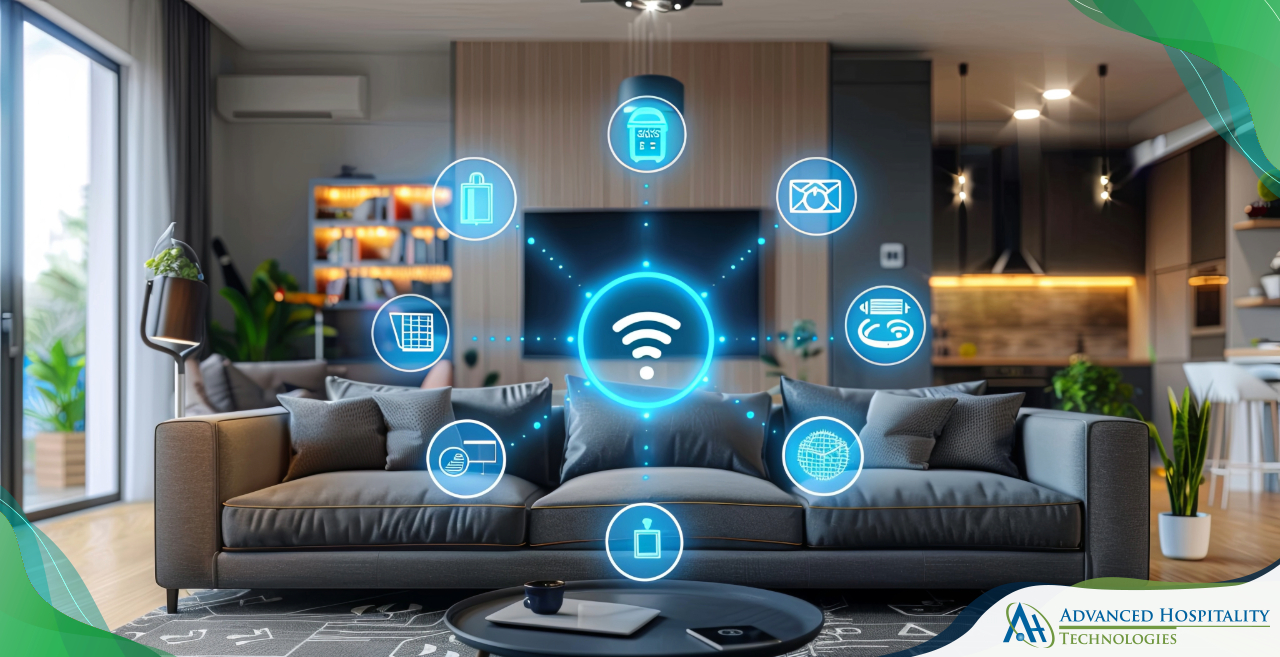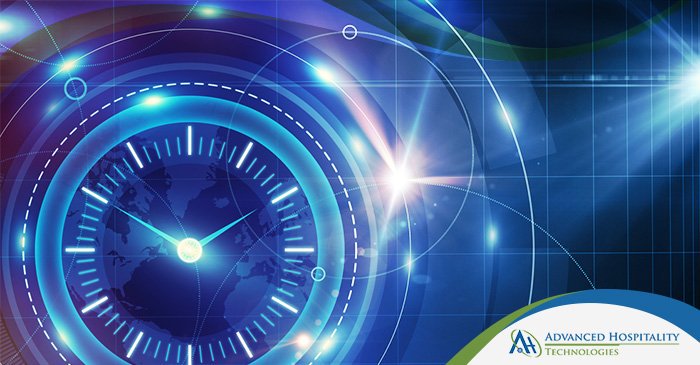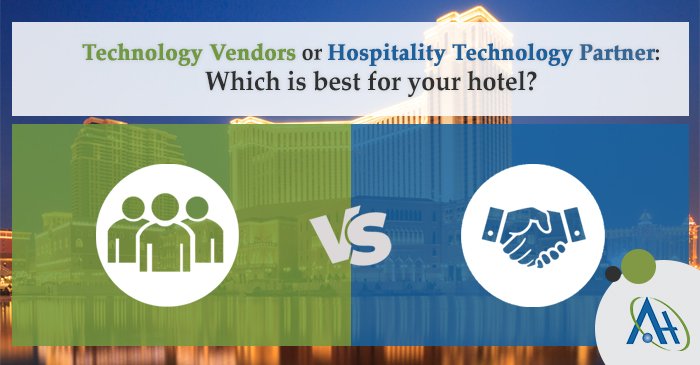Introduction
In today’s competitive hospitality landscape, hotels are continuously seeking innovative ways to enhance guest experiences while optimizing their operations. Smart room technology has emerged as a game-changing solution that addresses both these aspects effectively. The benefits of smart room technology in modern hotels extend far beyond basic automation, offering unprecedented levels of personalization, efficiency, and guest satisfaction. This comprehensive overview explores how smart room technology is revolutionizing the hospitality industry and why it’s becoming an essential investment for forward-thinking hoteliers.
Enhanced Guest Personalization
Smart room technology transforms the traditional hotel room into a personalized sanctuary for guests. Through centralized control systems and mobile applications, guests can customize various aspects of their environment to match their preferences. They can adjust room temperature, lighting, and entertainment systems with just a few taps on their smartphones.
Moreover, the benefits of smart room technology in modern hotels include the ability to remember guest preferences across multiple stays. This feature ensures that returning guests find their rooms preset to their preferred settings, creating a truly personalized experience that enhances guest loyalty and satisfaction.
Operational Efficiency and Cost Savings
One of the most compelling advantages of smart room technology lies in its ability to streamline hotel operations. Through integrated systems, staff can remotely monitor and control room settings, preparing spaces for incoming guests before they arrive. This capability significantly reduces the time and effort required for room preparation.
Furthermore, smart room technology includes predictive maintenance features that alert staff to potential issues before they become problems. This proactive approach minimizes downtime and ensures that guests enjoy uninterrupted service throughout their stay. As a result, hotels can optimize their maintenance schedules and reduce operational costs.
Energy Management and Sustainability
Smart room technology plays a crucial role in promoting environmental sustainability while reducing operational costs. Advanced sensors and automated systems can detect room occupancy and adjust energy consumption accordingly. When rooms are unoccupied, systems automatically switch to energy-saving modes.
Additionally, smart lighting systems can maximize the use of natural light and adjust artificial lighting based on time of day and occupancy. These features not only reduce energy costs but also appeal to environmentally conscious guests, making the benefits of smart room technology in modern hotels particularly relevant in today’s sustainability-focused market.
Enhanced Security and Access Control
Security enhancement is another significant advantage that smart room technology brings to modern hotels. Digital access systems eliminate the need for traditional key cards, allowing guests to use their smartphones for room entry. These systems employ advanced encryption methods to ensure secure access while maintaining detailed logs of all entry attempts.
The integration of smart security features also enables hotels to monitor access points remotely and respond quickly to any security concerns. This comprehensive approach to security helps build trust with guests while simplifying access management for hotel staff.
Improved Guest Communication and Service Delivery
Smart room technology facilitates seamless communication between guests and hotel staff. Through in-room tablets or mobile apps, guests can easily request services, make reservations, or access information about hotel amenities. This direct line of communication ensures faster response times and more efficient service delivery.
Voice-activated controls add another layer of convenience, allowing guests to make requests or adjust room settings without touching any devices. The benefits of smart room technology in modern hotels are particularly evident in this aspect, as it creates a more intuitive and hassle-free guest experience.
Competitive Market Positioning
Hotels that invest in smart room technology position themselves favorably in an increasingly competitive market. Modern travelers, especially millennials and Gen Z, often prioritize tech-enabled experiences when choosing accommodations. By offering smart room technology, hotels can attract these tech-savvy guests and differentiate themselves from competitors.
Additionally, smart room technology provides valuable data insights about guest preferences and behavior patterns. Hotels can use this information to refine their services and create more targeted marketing strategies, further strengthening their market position.
Conclusion
The implementation of smart room technology represents a significant step forward in hotel innovation. The numerous benefits of smart room technology in modern hotels make it an essential investment for properties aiming to stay competitive in today’s market. From enhanced guest experiences and operational efficiency to environmental sustainability and improved security, smart room technology offers comprehensive solutions to many challenges faced by modern hoteliers. As technology continues to evolve, hotels that embrace these smart solutions will be better positioned to meet changing guest expectations and achieve long-term success in the hospitality industry.

Kazim Raza Ahmed is Research Analyst and Content Strategist at Advanced Hospitality Technologies, A pioneering IT Solutions partner in the hospitality industry. Being a content creator Kazim is dedicated to publishing material keeping pace with the rapid technological developments in the hospitality industry.




